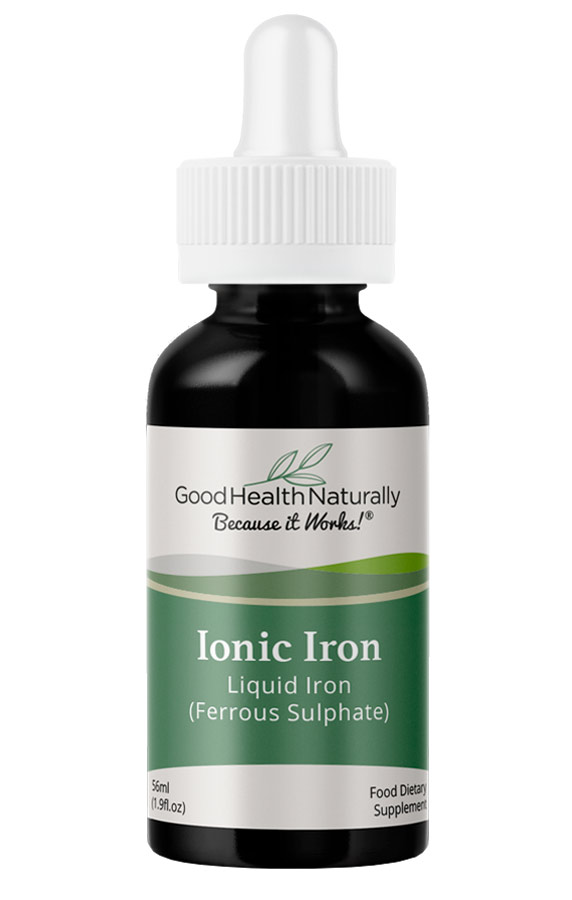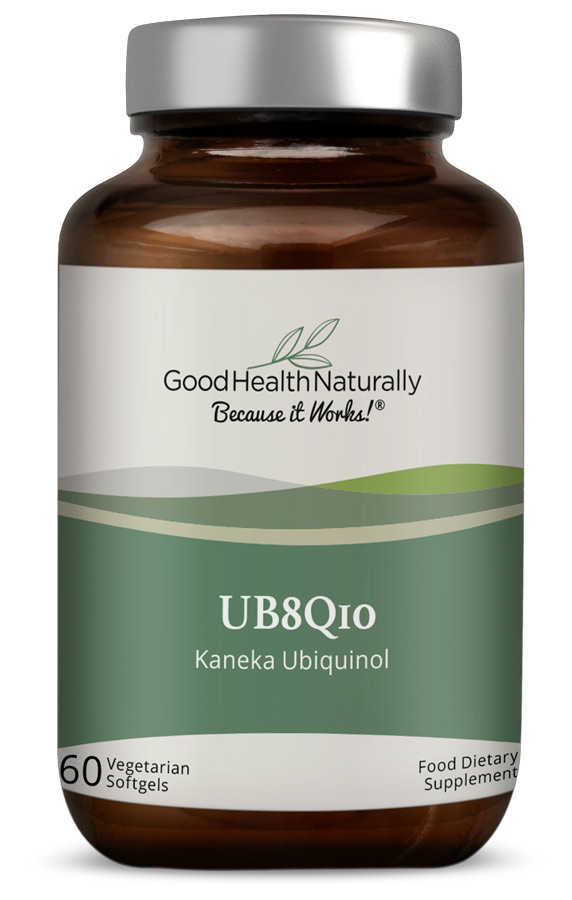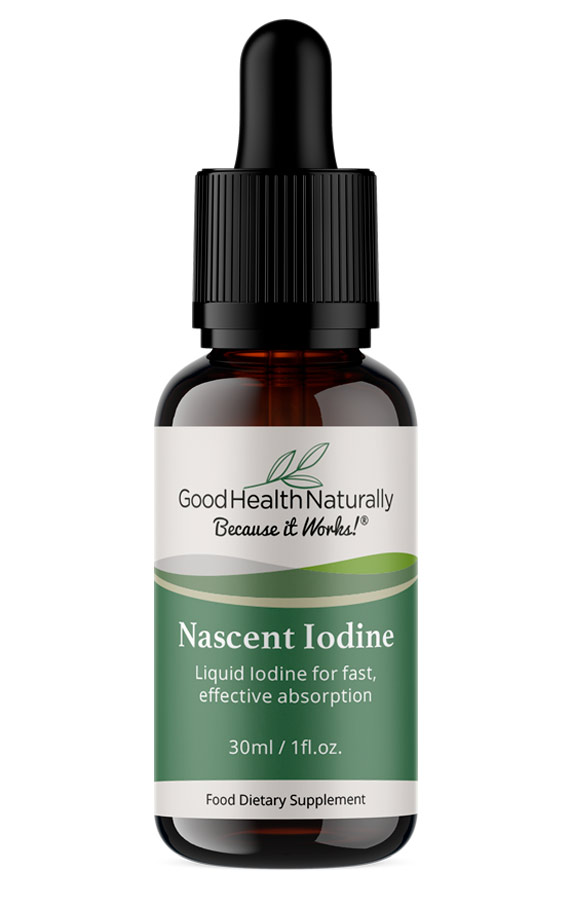Do you feel tired all the time? If so, then you are not alone. One in eight adults say they are permanently exhausted, according to one UK survey. In fact, tiredness and low energy are two of the most common reasons people visit their GP. While it could be caused by a medical condition like anaemia, diabetes, or an underactive thyroid, it is often down to diet and lifestyle. Making a few simple changes can help improve energy levels.
Stop Reaching Out For the Wrong Foods
Poor eating habits can mean our bodies may not be getting all the nourishing nutrients they need to function optimally, which can leave us feeling tired and lethargic. The typical Western Diet is high in starchy carbohydrates, such as white bread, potatoes, pasta, and sugary snacks. These foods raise blood sugar levels very quickly, giving a quick burst of energy, but they are followed by a slump and feelings of tiredness.
Caffeine is another potential culprit. In the short term, it may boost concentration and alertness, but drinking too much can further disrupt blood sugar balance.
Eat to Improve Energy Levels
It’s important to eat a varied diet full of nourishing foods. In particular, good quality proteins like eggs, lean meat, wild fish, tofu, nuts and seeds, plus healthy fats like olive oil, coconut oil, avocados, and lots of different coloured vegetables and some fruit.
Avoid pre-packaged processed foods, which tend to have little nutritional value. Instead, choose complex carbohydrates like sweet potato, butternut squash, or whole grains, which release energy more slowly, helping to maintain balanced blood sugars. If you need to snack, don’t reach for the biscuit tin; instead, opt for hummus and vegetable sticks or a handful of nuts and seeds.
Drink Plenty of Water
Our bodies are around 60 % water. We need it for so many things, including delivering nutrients into our cells, removing waste, regulating temperature and producing energy molecules. If we become dehydrated, we can end up feeling fatigued. Aim for six to eight glasses a day to help improve energy levels. Herbal teas count, too.
Build Resilience to Stress
Often, poor energy is linked to the accumulation of lots of little stresses. Poor work-life balance, 24/7 communication and social media can create a near-constant state of stress. We are only designed to cope with high levels of stress for very short periods. In the long term, it will elevate stress hormones, disrupt blood sugar levels, and cause tiredness.
Find time to relax, as this will help lower stress hormones. Take a walk in the woods, get out in the garden, or try stress-reducing exercises such as yoga, Pilates, tai chi, or even dancing. Deep breathing and meditation can also help lower cortisol.
Many people are also not getting enough sleep. A recent survey found that a third of the population is severely sleep-deprived. Without restful, restorative sleep, the body will feel sluggish throughout the day. Sleeping for seven to nine hours every night can help improve energy levels.
Deal With Any Nutrient Deficiencies
These can certainly play a role. In particular, deficiencies in iron, iodine, Vitamins B12, D, and magnesium can all lead to poor energy. Correcting any deficiencies can help improve energy levels.
Fatigue is often the first sign of low iron, which can lead to anaemia. Either there aren’t enough red blood cells to meet the body’s need for oxygen, or the cells don’t carry enough haemoglobin. A medical practitioner can carry out a blood test to check iron levels and to assess whether supplementation is needed.
The body also needs sufficient vitamin B12 to produce healthy red blood cells. A deficiency of this vitamin can also cause anaemia. As we get older, it becomes harder for the body to absorb it. Vegetarians and vegans can easily become deficient as it is mainly found in meat and dairy products.
A deficiency in B vitamins has been linked to low energy, stress, anxiety, tension, irritability and poor concentration.
Iodine, a trace element, helps make thyroid hormones, which control metabolism. A lack of iodine can result in low energy and mood. There are concerns that almost half of us may be deficient in this crucial mineral needed for healthy thyroid function.
CoEnzyme Q10 is a powerful antioxidant and is essential for energy production in the cells. It is found throughout the body, especially in the heart, liver, kidney, and pancreas. As we age, levels decline, which could impact our overall health. Statins can also lower the endogenous production of CoQ10.
Magnesium is needed to help the body convert food into energy, and low levels can lead to lethargy, tiredness, and even muscle weakness and stiffness.
A deficiency of the sunshine vitamin D has been associated with fatigue, and a deficit can sap bone and muscle strength.
Final Tip
Exercise can help boost energy levels by improving blood sugar balance and mood. But it is important not to overstretch yourself. Choose an activity that is brisk enough to get your heart rate going but does not wear you out and is something you enjoy. Group activities or even dancing can be a great way to lift spirits and improve energy levels.
Please note: The product images represent the ongoing rebranding across Good Health Naturally range and may currently vary from actual stock.







